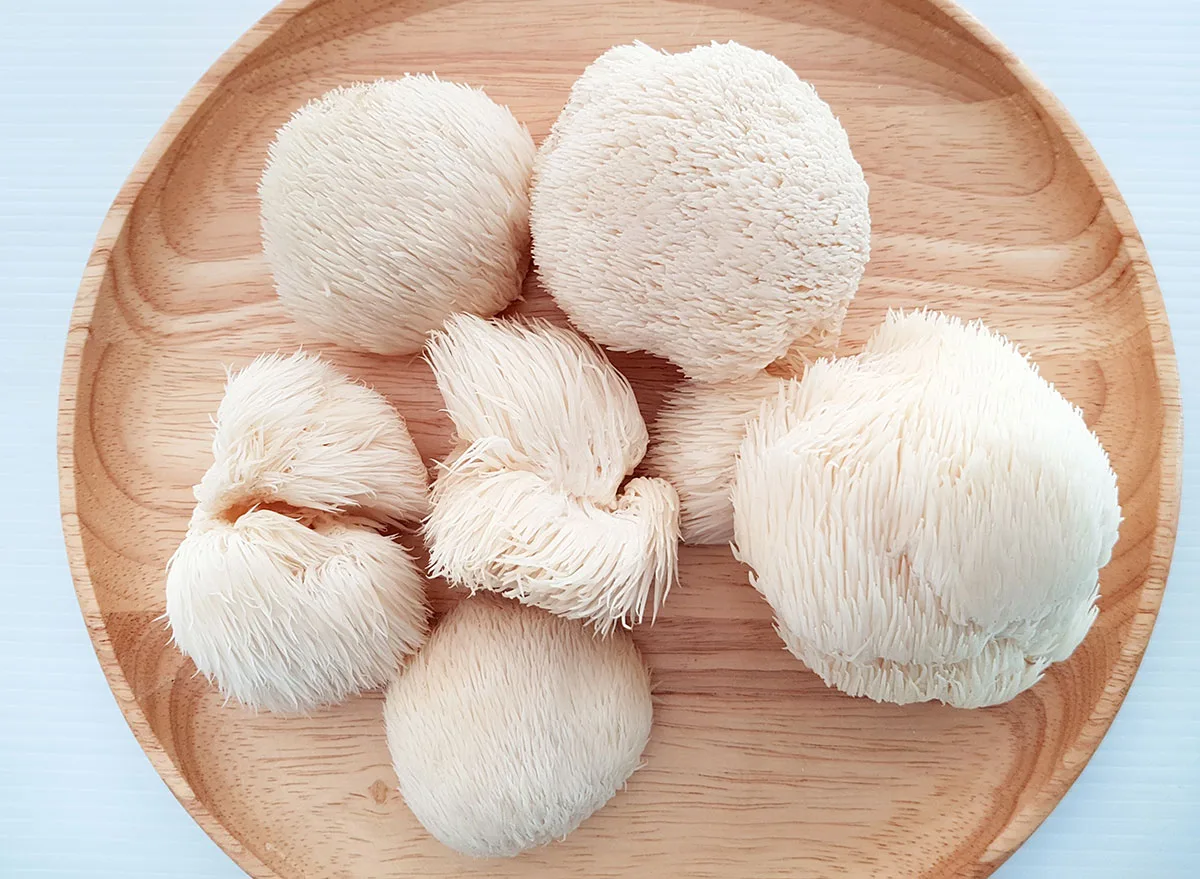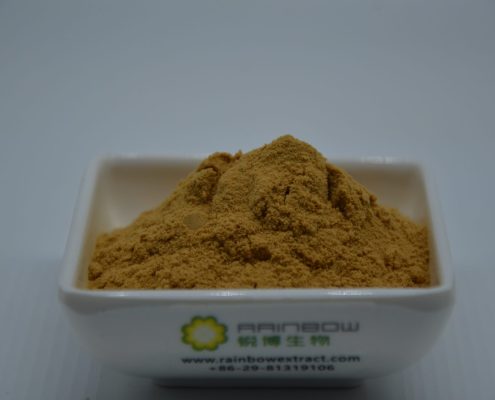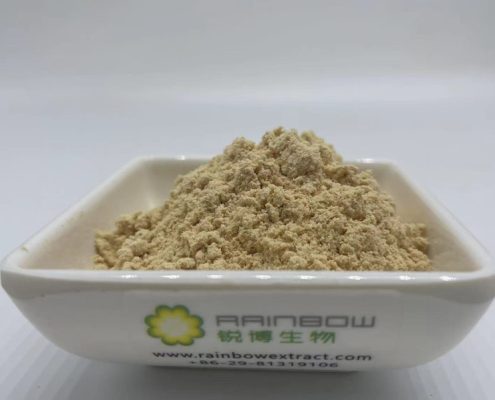Lion’s Mane mushroom (Hericium erinaceus) has been used for centuries in traditional medicine to treat a variety of ailments. It is a powerful mushroom that has many potential health benefits, including cognitive decline, anxiety, and depression. It is also known for its ability to improve brain function, enhance memory, and reduce inflammation.
In recent years, Lion’s Mane has gained popularity as a dietary supplement. It is available in various forms, including extracts and powders. In this article, we will explore the differences between Lion’s Mane extract and powder and help you determine which one is better for you.
What’s Lion’s Mane Extract?
Lion’s Mane extract is derived from the fruiting body of the mushroom. It can be produced by boiling the mushroom in water and then evaporating the liquid to create a concentrated extract. But the best lion’s mane products are dual-extracted, using water and alcohol to extract the mushroom’s beta-glucans and terpenes. The resulting extract contains a higher concentration of the active compounds found in Lion’s Mane than the whole mushroom. These terpenes, known as hericenones and erinacines, have been shown to cross the blood-brain barrier and provide neuroprotection.
What’s Lion’s Mane Powder?
Lion’s Mane Powder Lion’s Mane powder is made by grinding up the whole mushroom into a fine powder. It contains all the active compounds found in the mushroom but in lower concentrations than the extract. The powder can be easily incorporated into daily recipes. Taking lion’s mane as a capsule requires adhering to strict dosage guidelines, but the powder can be easily added to smoothies, soups and other drinks, or sprinkled on top of your morning oats. It has a very mild taste and can even be brewed into tea, but make sure to steep it longer than you would for traditional tea to get the most out of the mushrooms.
Lion’s Mane Extract VS Powder
Both lion’s mane extract and powder are available, but the former has more potency and bioavailability. In addition, it is easier to use because it comes in premeasured capsules. The powder form, on the other hand, can be dissolved in hot or cold drinks, but it requires more effort to measure.
The main difference between Lion’s Mane extract and powder is the concentration of active compounds. The extract contains a higher concentration of these compounds than the powder, making it a more potent form of Lion’s Mane. The recommended dosage of Lion’s Mane extract varies depending on the brand, but a typical dose is 500-1500 mg per day. The recommended dosage of Lion’s Mane powder varies depending on the brand and the form in which it is consumed, a typical dose is 1-3 grams per day.
Another difference is in the way they are consumed. The extract product is available in liquid and capsule form, the liquid form is typically used as a tincture and the capsules are taken orally, while the powder can be added to food and beverages. This makes the powder a more convenient option for those who do not like taking capsules or tinctures.
Benefits of Lion’s Mane Extract and Powder
Both Lion’s Mane extract and powder have been shown to have a variety of health benefits. These include:
1. Improved Brain Function Lion’s Mane contains compounds that stimulate the growth of brain cells and protect them from damage, has been shown to increase Nerve Growth Factor (NGF) and Brain-Derived Neurotrophic Factor (BDNF) in the brain, which helps repair and protect neurons. This can lead to improved cognitive function, including better memory, focus, and concentration. It also increases dendrite growth and slows down the aging process of neurons.
2. Reduced Inflammation. Lion’s Mane has anti-inflammatory properties that can help reduce inflammation throughout the body. This can help improve overall health and may be particularly beneficial for those with chronic inflammatory conditions. 3. Improved Mood. Lion’s Mane has been shown to have antidepressant and anxiolytic effects. This can help improve mood and reduce symptoms of anxiety and depression.
4. Improved Digestion. Lion’s Mane has been shown to have prebiotic effects, meaning it promotes the growth of beneficial gut bacteria. This can help improve digestion and may be particularly beneficial for those with digestive disorders.
Side effect of Lion’s Mane Extract and Powder
Lion’s mane is safe for most people, but there are a few precautions to consider. For example, it may interact with medications for heart disease and diabetes. It also can slow blood clotting, which could be problematic if you are preparing for surgery or have a bleeding disorder. It is also not recommended for pregnant or breastfeeding women. It can cause some side effects if you take too much. This is why it’s important to follow recommended dosage guidelines.
Which is Better, Lion’s Mane Extract or Powder?
You can find lion’s mane in supplements and foods at big-box and specialty online and brick-and-mortar stores. However, it is important to choose a quality product, lion’s Mane Extract or Powder? The answer to this question depends on your individual needs and preferences. If you are looking for a more potent form of Lion’s Mane, the extract may be a better option for you. However, if you prefer a more convenient form that can be easily added to food and beverages, the powder may be a better choice.
Lion’s mane extract is more potent but also expensive and requires a special extraction process. Powder, on the other hand, is inexpensive and easy to incorporate into a diet. It is important to note that not all Lion’s Mane supplements are created equal. When choosing a supplement, look for one that is made from high-quality ingredients and has been third-party tested and verified to be free of contaminants. Be wary of products that use myceliated biomass, myceliated rice, or starch as fillers, as these will not contain the same health-promoting polysaccharides as the actual mushrooms.
- Dandelion Extract: What It Is, Benefits, Uses and Side Effect - April 23, 2024
- Is Berberine Extract Help For Weight Loss? - April 11, 2024
- Why Is Pysllium Husk Powder A Popular Meal Replacement Ingredient? - April 3, 2024





